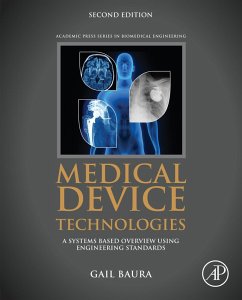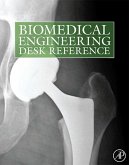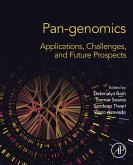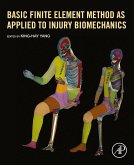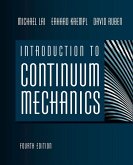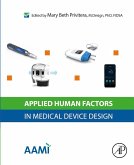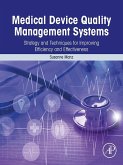Each medical device chapter begins with an exposition of appropriate physiology, mathematical modeling or biocompatibility issues and clinical need. A device system description and system diagram provide details on technology function and administration of diagnosis and/or therapy. This systems approach enables the reader to quickly identify the relationships between devices. An accompanying instructor site containing answers to end of chapter exercises, image collections, datasets and solutions for the lab experiments is also included.
- Covers current research, design issues and engineering standards
- Includes three significant Food and Drug Administration (FDA) recall case studies which have impacted FDA medical device regulation
- Presents exercises at the end of each chapter, including problems, analysis exercises and four questions from assigned primary literature
- Provides eight laboratory experiments that are detailed to provide hands-on reinforcement of device concepts
Dieser Download kann aus rechtlichen Gründen nur mit Rechnungsadresse in A, B, BG, CY, CZ, D, DK, EW, E, FIN, F, GR, HR, H, IRL, I, LT, L, LR, M, NL, PL, P, R, S, SLO, SK ausgeliefert werden.

